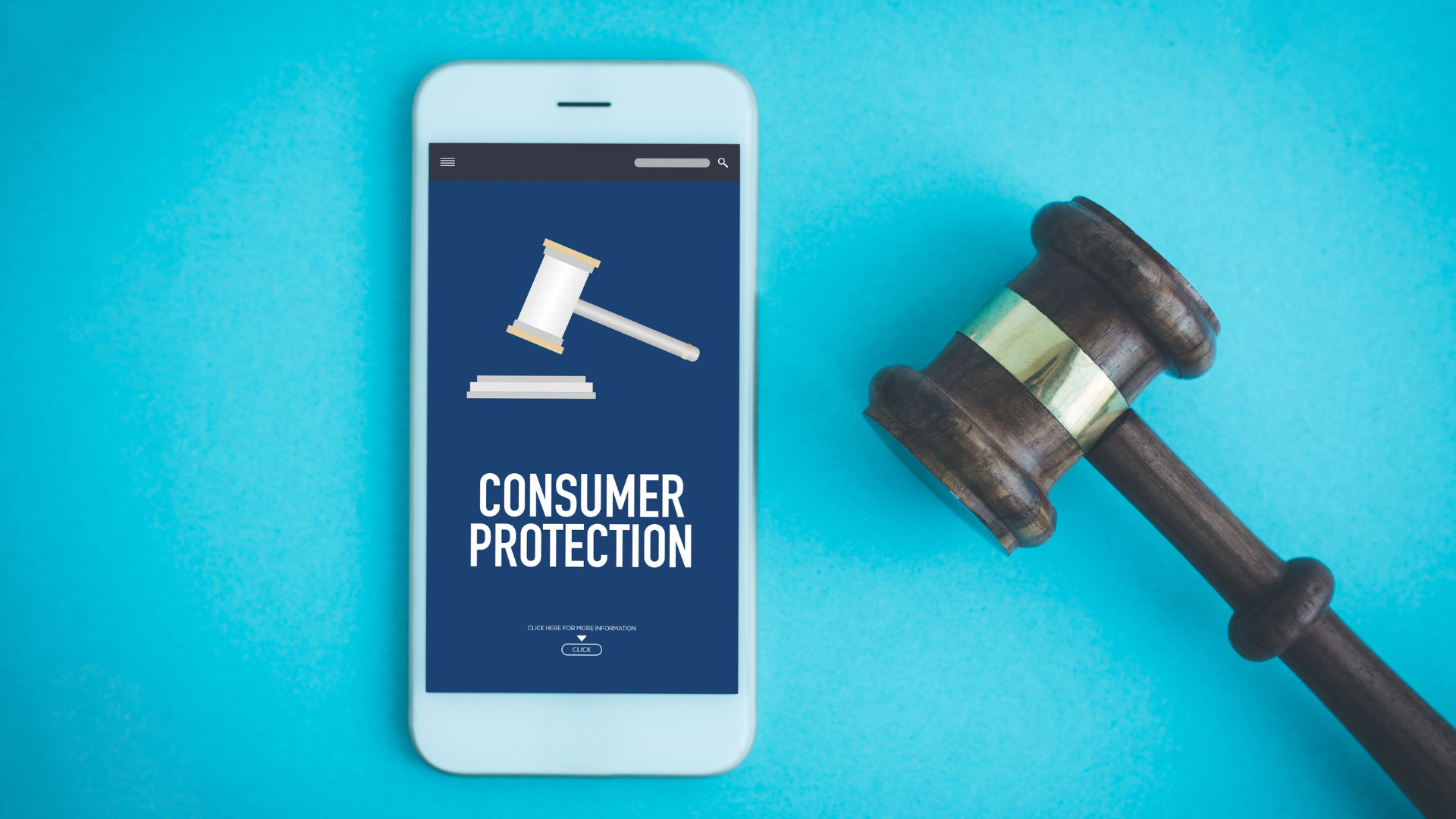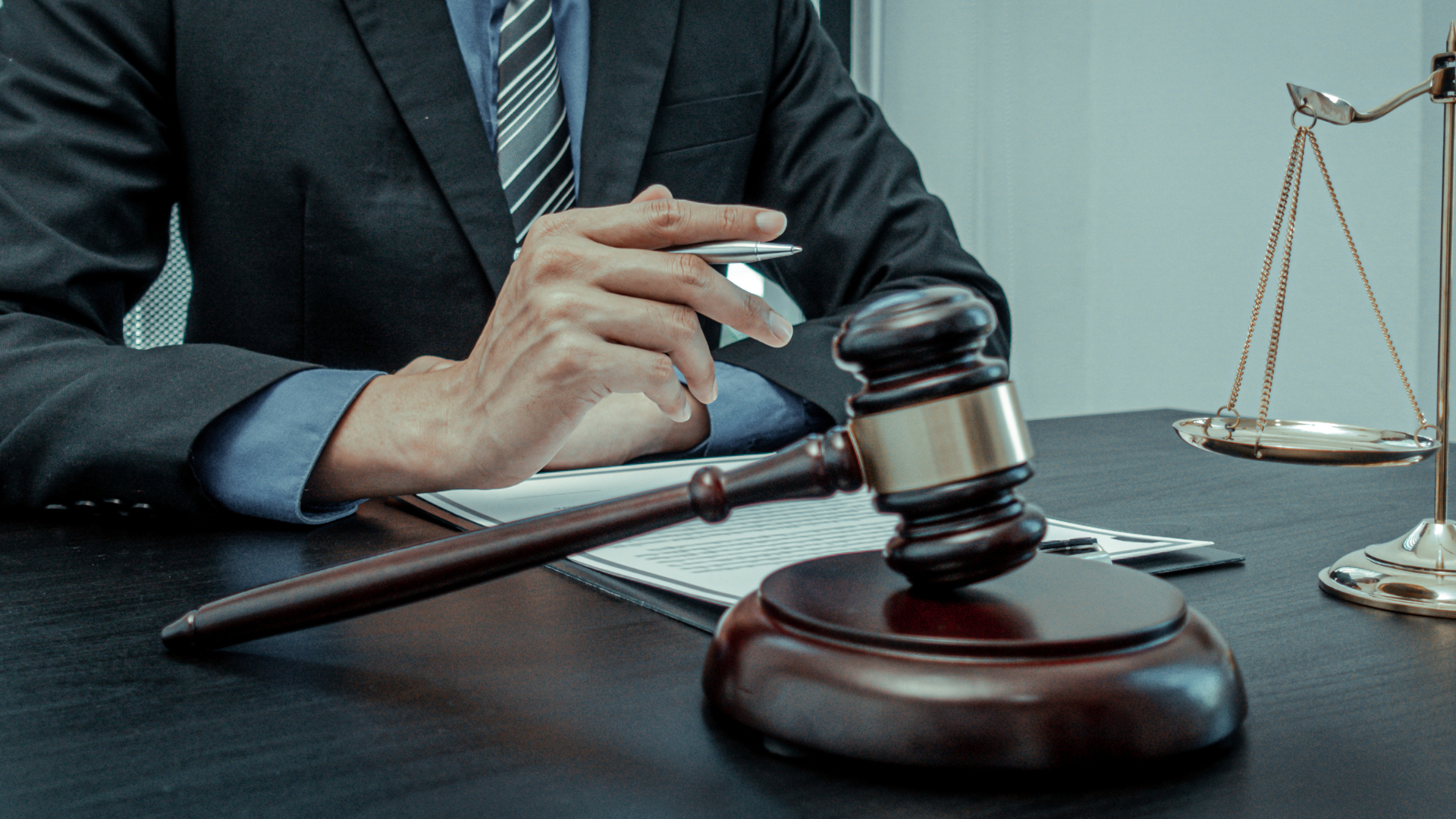Every day, we interact with digital information in some way. Whether it is browsing the internet or purchasing a product, we are often left with the question of how much our digital rights and privacy are protected. In this article, you will learn about one such law that has been put in place to not only protect consumers but also to help shape the future of technology.
Introduction to Digital Rights
Digital rights are the legal rights pertaining to digital information and data. They cover a wide range of topics, including freedom of expression, privacy, and consumer protection.
There is no universal law that governs digital rights. Instead, a patchwork of laws and regulations at the national and international levels seeks to protect consumers in the digital age. In some cases, these laws may conflict with each other or be out of date. This can create confusion about what rights consumers have and how they can be enforced.
The European Union has been at the forefront of efforts to protect digital rights. The EU has enacted a number of directives and regulations that establish clear rules for digital interactions between businesses and consumers. For example, the EU’s General Data Protection Regulation (GDPR) requires companies to get explicit consent from consumers before collecting, using, or sharing their personal data. The GDPR also gives consumers the right to access their personal data, request corrections if it is inaccurate, and request that their data be deleted in certain circumstances.
The Importance of Protecting Digital Rights
As digital devices become more prevalent in society, it is important to protect the rights of digital consumers. Laws are being used to protect consumers by giving them the right to access their digital devices and the right to privacy. Simultaneously, the right to privacy is enshrined in these evolving laws, establishing boundaries to protect individuals from unwarranted intrusions. Jurisdictions around the globe, including notable examples such as Swiss privacy laws, can shape these legal landscapes to accommodate the changing dynamics of business communication and technology. This legal approach ultimately strives to create a balance where the digital consumer’s rights are respected and upheld. Consumers also have the right to information about their devices, the right to security, and the right to be free from harm. By protecting digital rights, the law is ensuring that consumers can continue to use and enjoy their digital devices.
How Law Protects Consumers
Digital rights encompass the right to privacy, freedom of expression, and access to information. They also include the right to due process, a fair trial, and protection from discrimination.
Law is increasingly being used to protect consumers against companies that mishandle their data or violate their privacy. In the European Union, the General Data Protection Regulation (GDPR) came into effect in 2018. The GDPR strengthens EU consumer data protection law by giving individuals more control over their personal data, establishing new rights for individuals, and imposing significant fines for companies that violate the law.
In the United States, there is no comprehensive federal law governing data privacy. However, some states have passed their own laws, including the California Consumer Privacy Act (CCPA), which went into effect in 2020. The CCPA gives Californians the right to know what personal information is being collected about them, the right to delete their personal information, and the right to opt out of the sale of their personal information.
As digital rights continue to evolve, it is important for consumers to be aware of how the law is being used to protect them. It’s always a good idea to learn about laws with attorney Andrew Easler (or a similar professional) in order to stay aware of their rights.
The Challenges of Protecting Digital Rights
There is no denying that the digital world has completely changed the way we live and communicate. Although the internet has connected us like never before, we are also more vulnerable to having our personal data shared without our consent. This has led to a growing debate on digital rights and how best to protect consumers.
However, there are still many challenges when it comes to protecting digital rights. For example, it can be difficult to enforce laws in other countries and there is often a lack of transparency around how companies are using our data. There is also a need for more education on digital rights so that consumers can make informed decisions about how they share their personal information.
As digital rights continue to evolve, it’s important for consumers to be aware of how the law is being used to protect them. With the rise of new technologies, there are always new ways for companies to take advantage of consumers. But thanks to digital rights laws, consumers have a fighting chance against these unfair practices. So next time you’re feeling like you’re being taken advantage of by a company, remember that you have rights as a consumer – and fight back!




